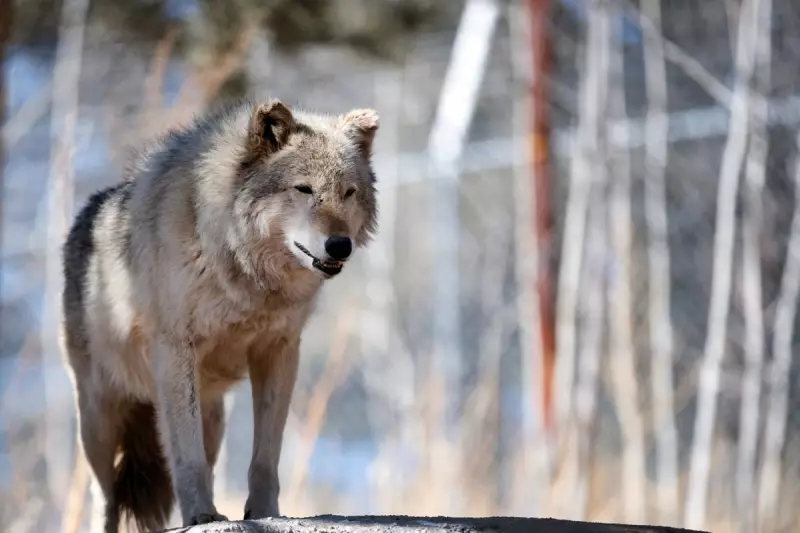
The political turbulence surrounding Donald Trump's eligibility for Colorado's presidential ballot is creating unexpected ripples through America's environmental conservation efforts, with the highly-contested gray wolf reintroduction programme now facing unprecedented uncertainty.
Legal Battles Cast Shadow Over Conservation
As Trump's campaign fights to keep the former president on Colorado's Republican primary ballot, conservationists warn that the political distraction and potential policy shifts could jeopardise years of careful wildlife management planning. The gray wolf, once nearly extinct in the region, has become an unwitting pawn in a much larger political chess game.
Multi-State Programme at Risk
Colorado's ambitious plan to reintroduce gray wolves across its wilderness areas represents just one part of a broader conservation initiative spanning several western states. Wildlife experts express growing concern that political instability could undermine coordinated efforts between Colorado, Wyoming, and other participating regions.
"We're witnessing conservation priorities being overshadowed by political manoeuvring," explains Dr Eleanor Vance, a wildlife biologist with two decades of experience in predator conservation. "The gray wolf doesn't recognise state boundaries or political affiliations, yet its future is becoming entangled in both."
Ranchers and Environmentalists in Tense Standoff
The reintroduction programme has long balanced competing interests between environmental advocates celebrating the return of a keystone species and rural communities concerned about livestock predation. The current political climate threatens to disrupt this delicate equilibrium.
- Conservation groups fear delayed funding and implementation
- Rural communities worry about diluted accountability
- Scientists caution against fragmented state-level policies
- Tourism operators anticipate impacts on wildlife viewing
Broader Environmental Implications
Beyond the immediate fate of Colorado's wolves, environmental policy experts suggest the situation reflects a worrying trend of conservation becoming collateral damage in political conflicts. The outcome could set precedents affecting other protected species and habitat restoration projects nationwide.
"When political battles rage, environmental programmes often become the quiet casualties," notes Professor Michael Thorne, an environmental policy specialist at the University of Denver. "The wolves represent just one thread in a much larger tapestry of conservation efforts now facing uncertainty."
As legal teams prepare for courtroom showdowns and political strategists plot their next moves, Colorado's wolves continue their slow return to historical territories, their future increasingly dependent on decisions made in courtrooms rather than in conservation departments.





